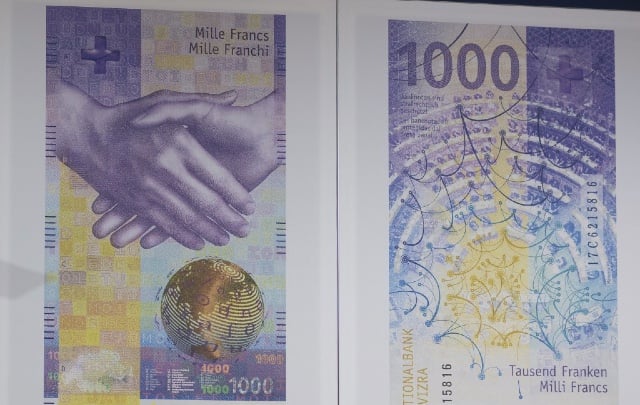According to the State Secretariat for Economic Affairs (SECO), after Covid-19 restrictions were relaxed in April, “the Swiss economy started to swiftly recover, with both consumer and investment demand exceeding expectations in the second quarter”.
“Overall, the first half of 2020 is less negative than assumed in the June forecast”, the agency added.
Swiss GDP will drop 3.8 percent in 2020, the largest decline the country has experienced since 1975, SECO said.
However, this figure is much lower than the prediction made in June, which expected a decline of 6.2 percent.
SECO also expects an average annual unemployment rate of 3.2 percent against a forecast of 3.8 percent in June.
READ MORE: Coronavirus: Switzerland sees economic resurgence despite fears of second wave
This renewed optimism is based on a solid recovery from the end of April, when containment measures ended.
According to SECO, the first half of 2020 was marked by a strong return to consumption and investments, with limited recourse to partial unemployment.
However, not all economic sectors are out of the woods yet: part of the manufacturing industry, as well as the international tourism and hospitality sector “have experienced a weaker recovery”.
But despite the slow rebound, a recent study shows that he country’s economy remains the strongest in the world.
Another study also found that Switzerland’s capacity to rebound from the pandemic is among the best in the world.
This is due to the combination of “world class governance with high levels of social capital and high social resilience. The Swiss also have strong financial systems, manageable debt levels and good health system resilience”.



 Please whitelist us to continue reading.
Please whitelist us to continue reading.
Member comments